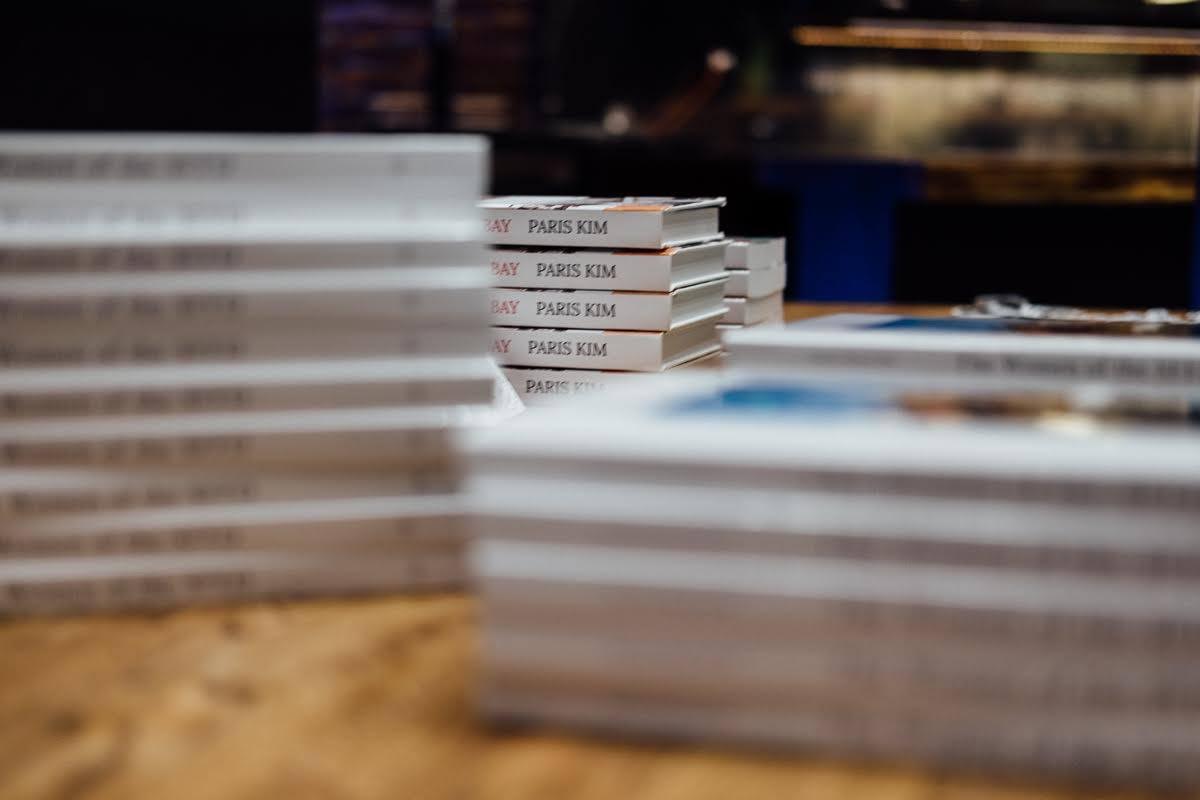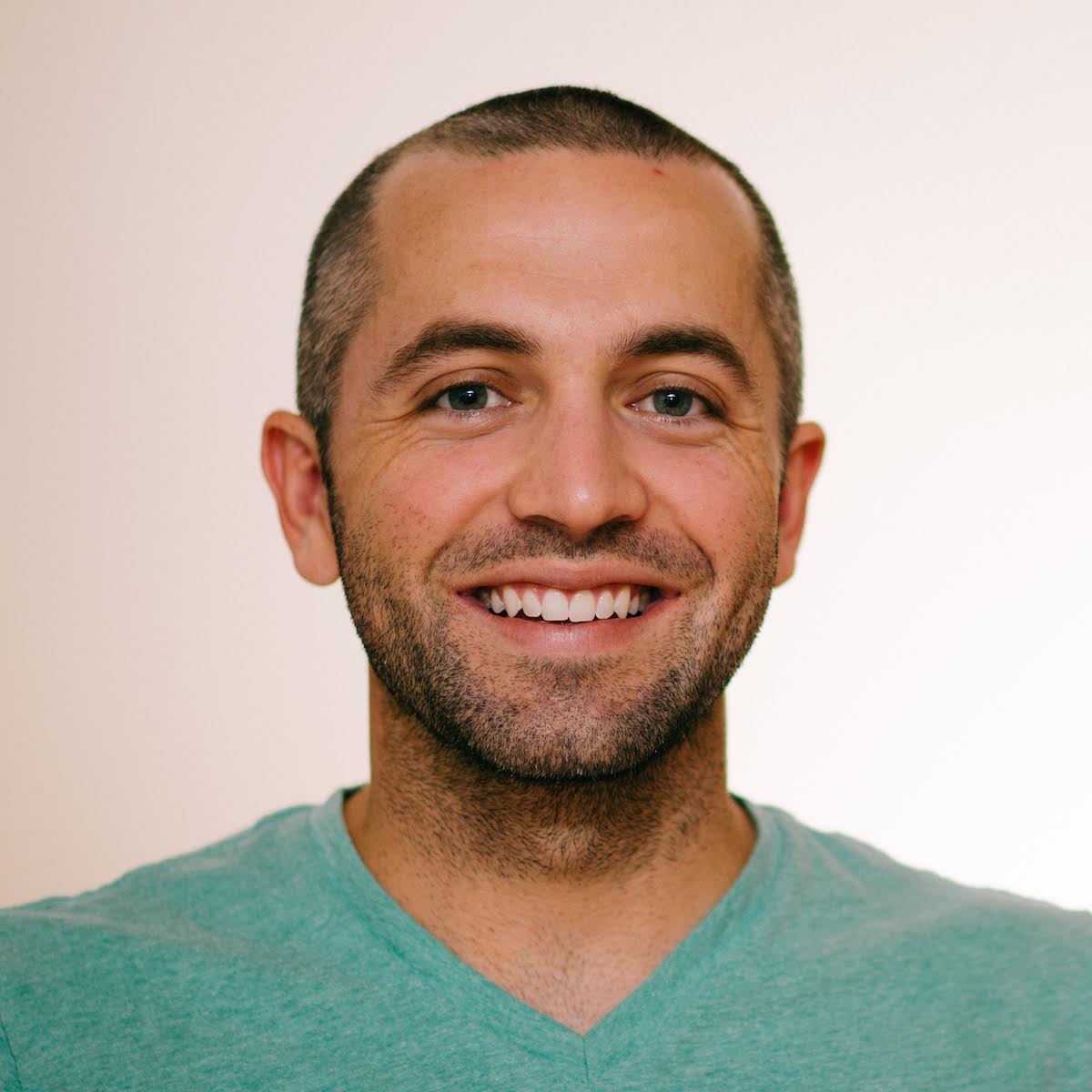Name: Ashley Hawley
Age: 25
College & Majors/Minors: Baldwin Wallace University, Berea, OH Major: Creative Writing Minor: Psychology
Current Location: North Royalton, OH
Current Form of Employment: Full-Time Grants Coordinator
Where do you work and what is your current position?
I am a Grants Coordinator for Providence House, which is Ohio’s first and the longest-operating crisis nursery in the nation. We offer emergency shelter and direct care to children, newborn through 12-years-old, who are at risk of abuse and neglect, while providing case management, parent education, and trauma services to their families. Our goal is to prevent child abuse and neglect before it ever occurs by acting as a support for families in crisis who do not have those supports. I personally am responsible for obtaining grant funding to support our operations, programs, and other projects, as well as forging new and maintaining existing relationships with local foundation funders, among other tasks.
Tell us about how you found your first job, and how you found your current job (if different).
My first job out of college was actually here at Dear English Major! I had been following this site for quite a while and decided to reach out to Alyssa Christensen to see if she needed any help maintaining the site. As a matter of fact, she did and after a bit of emailing back and forth, she brought me on to help with updating the site and Pinterest page. It was a great opportunity that allowed me to kick off my little freelancing business, which sustained me until I found a full-time position. I will always be grateful to Alyssa for being the first to give me that chance, recommending me to others for opportunities, and being endlessly supportive!
My current job came about a bit unexpectedly. I had some prior grant writing experience, but never considered it to be a career I would actually enjoy. It wasn’t until I took a contracted grant writing position and began writing professionally that I really fell in love with it. As much as I loved the work itself, the nonprofit I worked with didn’t really seem to appreciate what I was doing for them. I knew that it was time to start looking elsewhere.
I scoured all of the job boards until I came upon a listing for a Grants Coordinator position at Providence House (just goes to show you that job boards can be useful!). The more I researched the nonprofit, the more I felt that I just had to be a part of it. I applied and began the interview process. About 2 months after I had applied, I received the call that I got the job. Fast forward over one year and, while I won’t say this job is necessarily easy, it is definitely a great fit for me!
What was another writing-related job that was important in your career?
I mentioned above the contracted grant writing position I took on before accepting my current position. While the circumstances may not have been the best, I credit my current success to this position quite a bit. I knew that if I could still love what I was doing even though I didn’t love where I worked, then this was a career path to consider pursuing. This position also allowed me to begin making connections and building skills that I have been able to bring to my current position. Most of all, it gave me an appreciation for the amount of work that goes into keeping a nonprofit afloat (and the right and wrong ways to go about that!). I know that I would still appreciate my current position without that prior experience; however, with it, my appreciation is exponentially deeper.
What did you do in college to prepare for your post-grad life?
When I was at Baldwin Wallace, I took a grant writing course. It was by far one of the most challenging, demanding, and rewarding courses I took in my four years of college. It not only helped me stretch my writing abilities into a marketable skill and exposed me to my eventual career path, but it also allowed me to stretch my world view and become friends with people I may not have otherwise.
““English majors can do anything we want to do; we just have to show others how we can do it.””
Overall, I feel that there was perhaps more I could have done to practically prepare for my post-grad life. I could have pursued internships with more fervor. I could have taken on more writing-related campus jobs. I could have done many things. However, this doesn’t mean that I regret the things I did do. I am a firm believer that everything happens for a reason and what I did or didn’t do in college is what needed to happen to get me to where I am. This isn’t to say that things like internships and other career prep tools are not important. If you want to utilize those resources, by all means, utilize them! But, if you’re like me and didn’t do as much as you would’ve liked, don’t beat yourself up about it. The past is the past and you did exactly what you needed to do to become the person you are today.
What is your advice for students and graduates with an English degree?
My biggest piece of advice would be this: Don’t be afraid to make your own opportunities. Everyone goes into college with the belief that they are going to come out four years later with a steady career that gives them a ton of money. That’s the dream that everyone tells us to shoot for. However, it’s also not the truth everyone wants us to believe it is. English majors have it especially tough because employers haven’t caught on to how much they need you yet. The ability to communicate effectively is the single most important and necessary skill in any job, but those people who write up job postings, ironically, have yet to grasp how to communicate that they need the skills that English majors possess. So, if you find yourself struggling to fit yourself into a box employers have built, think about building your own box. Freelance; reach out to others about the skills you can offer. This will not only show potential employers that you are a self-starter, it will show yourself that what you bring to the table is valuable. Once you can value yourself, that perfect employer will value you enough to give you a shot. English majors can do anything we want to do; we just have to show others how we can do it.


















![What Are Your Tips for Participating in #NaNoWriMo? [SURVEY]](https://images.squarespace-cdn.com/content/v1/52deba39e4b036f86899ff3a/1540334207766-KOQ1N2AC94GUEK45XNTQ/photo-1521020814872-f1ead927ef95.jpeg)




































































